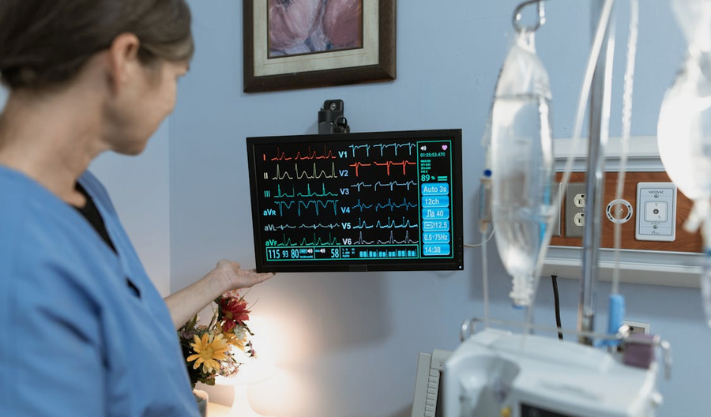Holiday Spending: 8 Easy Ways to Save Money and Lower Card Fees
Use debit, credit, or cash wisely – plan ahead so you don’t spend more than you need to.
1. Take the Right Bank Card
When getting ready for your summer trip, don’t forget your bank card. The wrong one can cost you extra money abroad.
If you have some time before your trip, consider getting a card that doesn’t charge fees for spending or withdrawing cash in another country. These cards are usually delivered in just a few days.
The group Which? recommends fee-free debit cards like First Direct and Starling Bank. These give you the real Mastercard exchange rate with no extra charges.
For credit cards, the Halifax Clarity and Barclaycard Rewards cards are top picks. They don’t charge fees for foreign purchases or ATM withdrawals and use Visa’s exchange rate.
Another option is the Currensea travel debit card. It links to your bank account, and you pay straight from it. There’s a free plan called Essential, but you’ll need to pay £4.95 for delivery.
2. Understand Your Current Card
If you don’t want to get a new card or don’t have time, check your current one.
Find out what fees your bank charges for purchases and ATM use abroad, says Andrew Hagger from MoneyComms. That way, you can avoid extra costs.
For example, avoid using your debit card for lots of small payments if it charges a fee each time. Also, using a credit card to take out cash abroad can be very expensive.
Be careful with TSB debit cards, as they’re known for high overseas fees. Outside Europe, you may pay £1 per transaction plus 2.99% of the amount. Inside Europe or with certain TSB accounts, the fees may not apply. The Spend & Save Plus account has no overseas card fees, but it costs £3 a month.
3. Check your payment settings
If you use Apple Pay, Google Wallet, or Google Pay and have more than one card linked, make sure to choose the right card for your holiday, says Alastair Douglas, CEO of the website TotallyMoney.
“If you don’t, you might end up using the wrong card and paying extra without realizing it – which can ruin your mood after the trip,” he adds.
4. Always pay in local currency
When you’re overseas and paying by card, you might be asked if you want to pay in pounds instead of the local currency – this is called dynamic currency conversion.
“Always choose to pay or take out money in the local currency,” says Douglas. “If you choose pounds, you might be charged extra fees for the conversion, making things more expensive.”
5. Do you really need cash?
Some travelers don’t carry any foreign cash – they just use cards and ATMs. Others feel safer having some local cash before they leave.
Like the UK, many countries now use cards and contactless payments more than cash. In Sweden, for example, only 1 in 10 payments are made in cash.
You can often use your UK debit or credit card for public transport abroad, like buses and trains. But in some places, cash is still useful – for entry fees, local markets, street food, and tipping tour guides or drivers.
In Japan, for example, you’ll need cash for small shops, rural areas, and places like temples, according to travel blog The Tokyo Chapter.
6. Get the best exchange rate
If you plan to buy foreign currency, don’t just go anywhere – compare rates first. A good tool is Travel Money Max by MoneySavingExpert.com. Enter how much you need and how you want to get it (delivered or collected), and it will show you the best deals after all fees.
For example, we searched for £400 worth of Turkish lira. For delivery, The Currency Club had the best rate, followed by Waitrose and John Lewis. For collection near King’s Cross, Sterling FX was best, followed by Thomas Exchange Global.
Avoid changing money at the airport – the rates are usually very bad. And try not to use your local bank either, as they tend to offer poor rates too.
7. Check your insurance
If you’re planning to carry or take out a large amount of cash while on holiday, check if your travel insurance covers lost or stolen money. Some basic plans don’t include this.
Even if you’re covered, be careful. Don’t leave your money in a bag in your room. Use a safe if one is available.
8. Avoid double currency exchange
If you find leftover foreign money from a past trip, it’s good if it matches the currency you need. If not, think twice before exchanging it.
Douglas explains: If you’re in the UK and want to swap one foreign currency for another, you’ll likely pay two fees — one to change it into pounds, then another to convert the pounds into your new currency. It might be cheaper to wait and exchange the money once you arrive at your destination.
Published: 16th July 2025
For more article like this please follow our social media Twitter, Linkedin & Instagram
Also Read:
Why Fashion Brands Want You to Take a Vacation in Italy
A Short Cultural History of the Tan Line
How to Grow a Small Business in 7 Easy Steps























